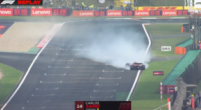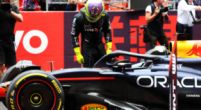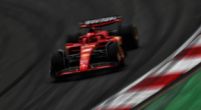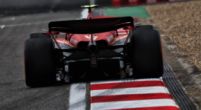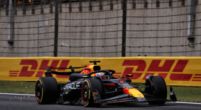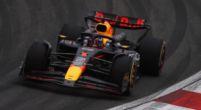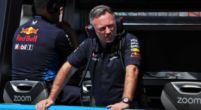F1 News
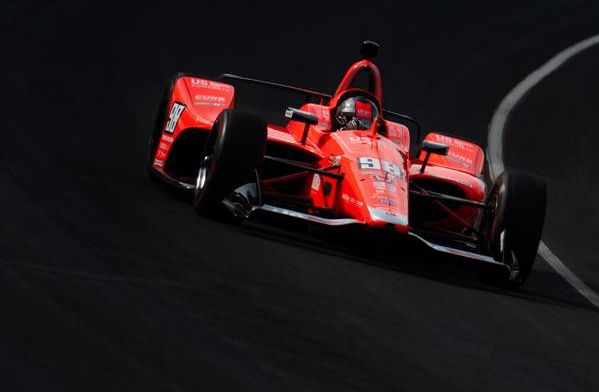
Colton Herta and the superlicence debacle in Formula 1
The recent interest in American Indycar star Colton Herta has circled back to serious considerations over the FIA's Superlicence system. With many believing that F1's audience figures could explode with an American driver in the sport, as well as with having Herta perform well in the series, we take a look at the situation.
Superlicences
The Superlicence system was introduced after Max Verstappen’s graduation to F1. Based on final standings after a season, a driver can earn a haul of licence points. Once 40 of these are collected, a driver is eligible for an F1 race seat. The premise for this was to help prevent premature promotions into the headlining sport, as this may bring the driver, team and sport into disrepute.
A more significant amount of points can be earned through the regimented Formula 3 and Formula 2 series, while other racing series have different point distribution scales. A general trend emerges that the most competitive single-seater racing series will provide a greater number of points. Superlicences must be formalised through an application process as well.
Recent light
With the recent dramas in the driver market, Alpine now has a vacant seat. Boasting their own driver academy, the French marque has the ability to promote young Australian Jack Doohan to a full-time race seat. However, the team are likely looking for a more experienced pair of hands to be behind the wheel.
Rumours have it that Indycar driver Colton Herta is being eyed for a seat at the AlphaTauri for the 2023 season. He remains an option for the Faenza team if Alpine pushes to fill their vacant seat with Pierre Gasly as rumoured. However, Herta only holds 32 of the required 40 points required to claim an F1 race seat. This would push any interested parties who are interested in pursuing his services, to request special dispensation from the FIA. This would likely require more time, money and proof for the process to even potentially be successful.
Fascinating, isn’t it, that the superlicense points system was brought in as a knee jerk reaction to the rapid ascent to formula 1 of a driver who has amassed thus far 17 poles, 21 fastest laps, 30 victories, 72 podiums, a world championship and is well on the way to his second.
— Will Buxton (@wbuxtonofficial) September 7, 2022
Potential Improvements
There should be no reason as to why the FIA cannot make annual adjustments to the system. By assessing the concentration of talent and the field spread, the FIA can make changes to the points dispensation. While this would complicate driver career decisions, the points must not take drastic changes, only gradual adjustments in the right direction.
Even then, the Superlicence system was brought in to prevent bringing the sport into disrepute but, ultimately, the teams will inevitably wear the failures of their drivers. They are the ones who will suffer poor media coverage, disgruntled stakeholders and the potential financial damages incurred. It would have been seen as an error in their decision-making to sign a driver who was clearly too young or inexperienced to make the jump.












